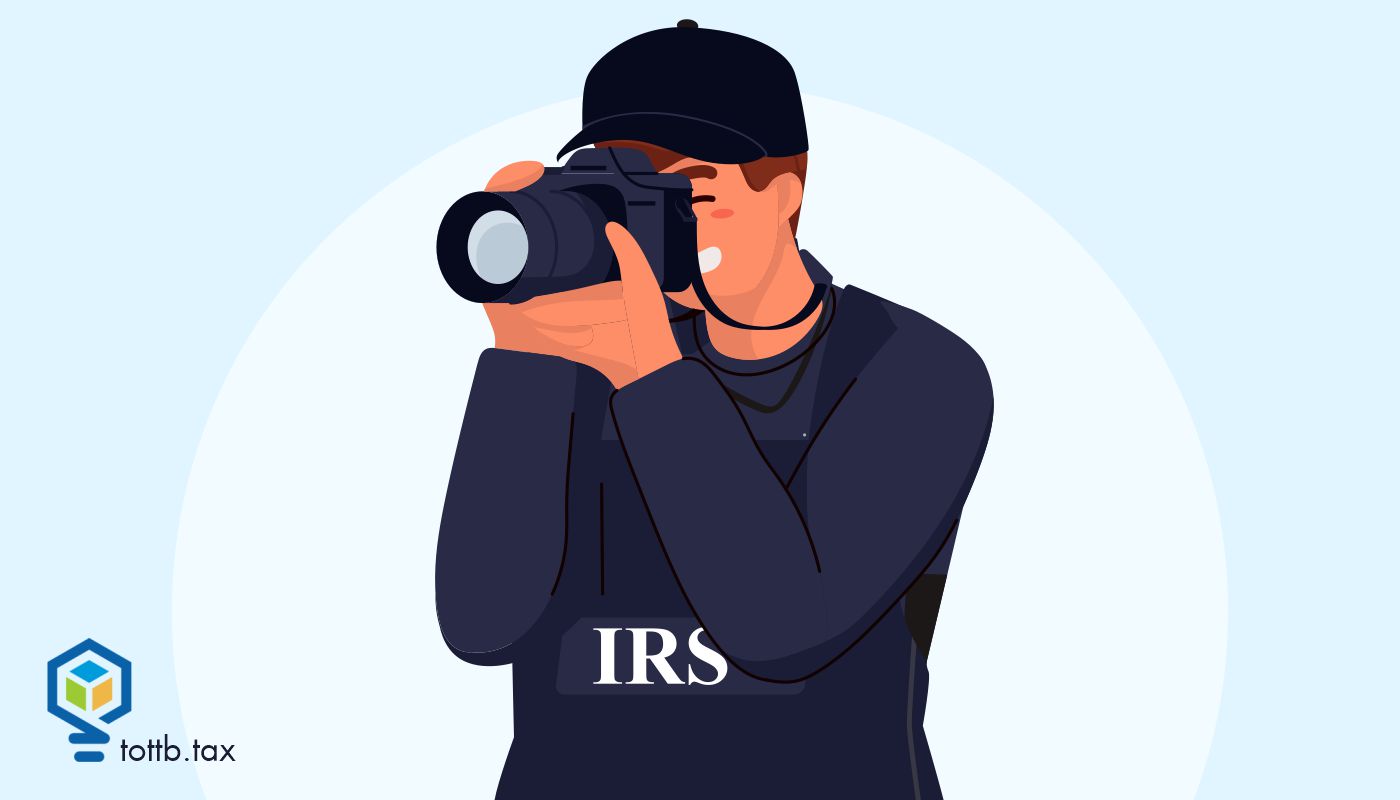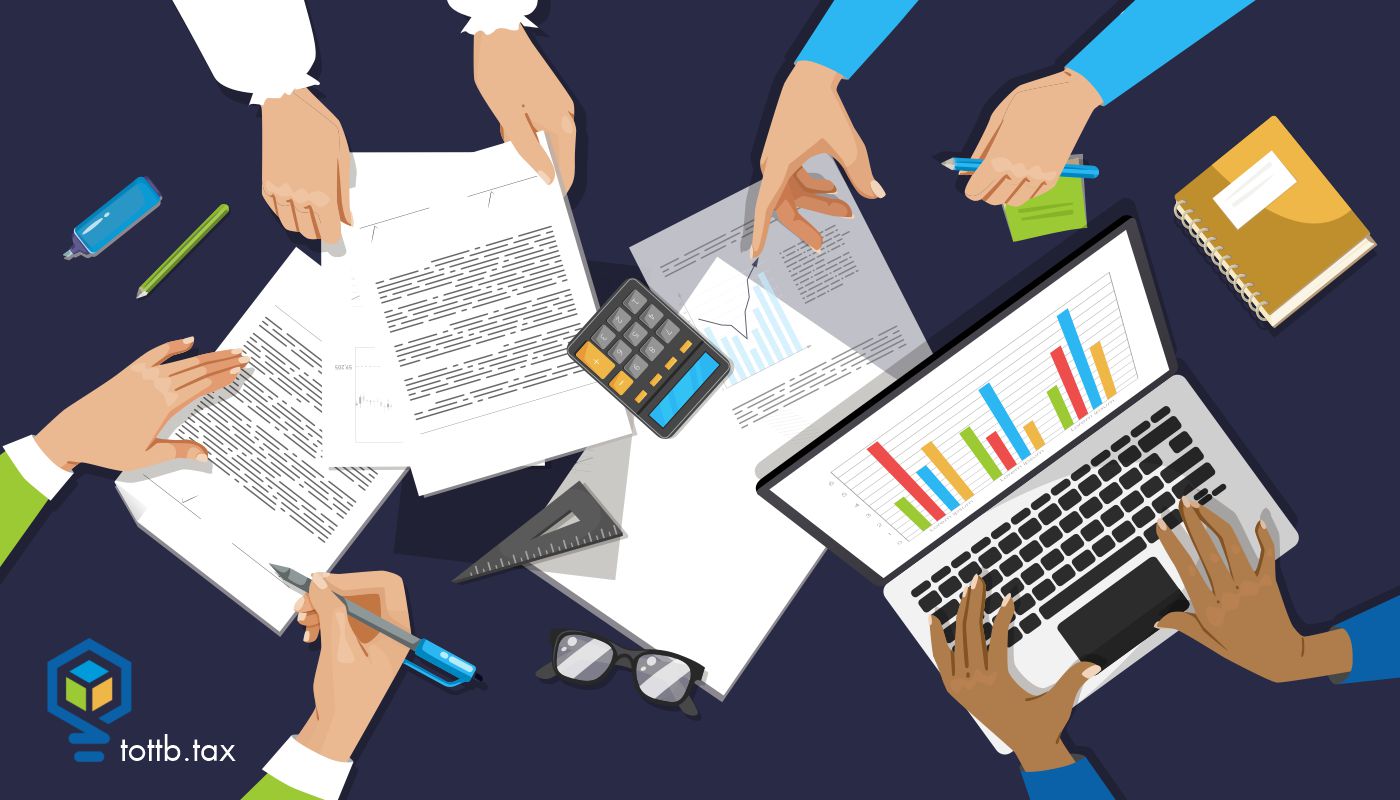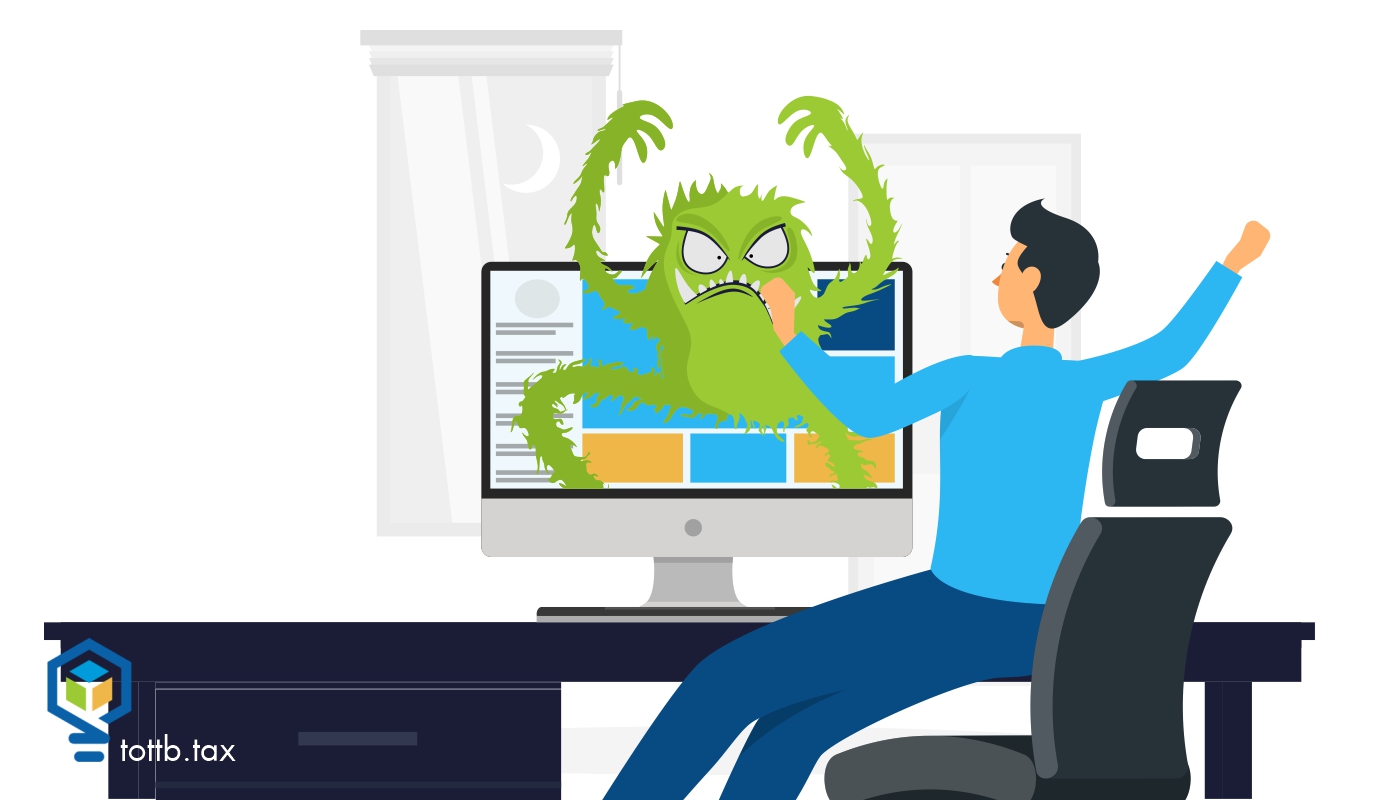Client Alert
S Corporation Shareholder-Employee Reasonable Compensation
The S corporation is a powerful tool for small business owners to manage their business efficiently and reduce payroll taxes on owner’s profits. The primary benefit small business owners get, when organized as an S corporation, is the opportunity to avoid payroll taxes on distributions after paying reasonable compensation. A reasonable wage/salary is a must for shareholder-employee/s. However, the shareholder-employee soon discovers that the lower her wage is, the lower the payroll taxes. Why not pay no wage? Or only a token wage? Of course, the IRS knows those tricks and requires the company to pay “reasonable compensation” to shareholder-employees so they’ll submit proper payroll taxes. The IRS can adjust wages to reflect reasonable compensation. Family members of the shareholder must also receive reasonable compensation for services rendered. In this article we will begin by debunking urban legends surrounding S corporation reasonable compensation followed by calculating a reasonable compensation package before finishing with a strategy.
Read MoreElectronic Commerce Creates Confusing Sales Tax Obligations
Any company engaged in e-commerce, i.e., selling online, knows that the ability to reach buyers and customers remotely can juice the bottom line. State and local tax jurisdictions around the country know that, too, especially the bottom line of their sales tax coffers. Now every state with a statewide sales tax has a threshold past which remote sellers must collect and remit state sales tax. Failure to do so can incur big penalties, or worse, and there’s a lot to know based on where and what you sell online.
Read MoreNOT A MEMBER YET?

SUBSCRIBE TO GET ALL OF OUR
GREAT ARTICLES AND RESOURCES!
CURRENT EDITION

Tax Tales I Let Slip in 2025: From Whistleblowers to Easement Woes and Beyond
One of my greatest frustrations as a tax writer is that I just don’t have the time to cover everything that I notice. Early in my blogging career, when I was younger and had more energy, I set myself on a Monday, Wednesday, Friday schedule like the college professors I envied. Even that did not keep up with everything I noticed, so periodically I would do a post that had short blurbs about interesting things I didn’t dig further on. Here is an example from 2010 of a post that covers an entity not considered a church by the IRS, S corp shareholder basis issues, definition of alimony and two Chief Counsel Advices on TEFRA issues. So here are some things for 2025, that I opened a file on but never managed to make an article with.

The IRS in 2025: A Snapshot of Reality
The IRS is not the same agency we dealt with a decade ago, or even three years ago. The pandemic accelerated operational strain, exposing long-standing infrastructure weaknesses while also prompting overdue investment and modernization. Some areas have improved meaningfully, including digital tools, faster account updates, and improved phone service during filing season. Other areas, however, feel frozen in time. Correspondence units remain slow, backlogs persist, and automated notices often fail to reflect what is actually happening on a taxpayer’s account. This article outlines the practical realities of working with the IRS in 2025, what strategies are working, what remains broken, and how to set clear, healthy expectations so you can deliver results without burning out.

The IRS in 2026: A Strategic Field Guide for Tax Professionals
As we head into the 2026 filing season, tax professionals are operating in an environment unlike any we have seen in recent memory: a smaller and more automated IRS, the new OBBBA, and rapid experimentation with AI-enabled tools inside the Service. This field guide is designed to separate what we know for sure from where the IRS is likely to move next, and to translate both into practical planning moves. It does not predict the future; instead, it offers a structured way to think about enforcement, documentation, and client strategy when the rules, the technology, and the politics are all in motion.



